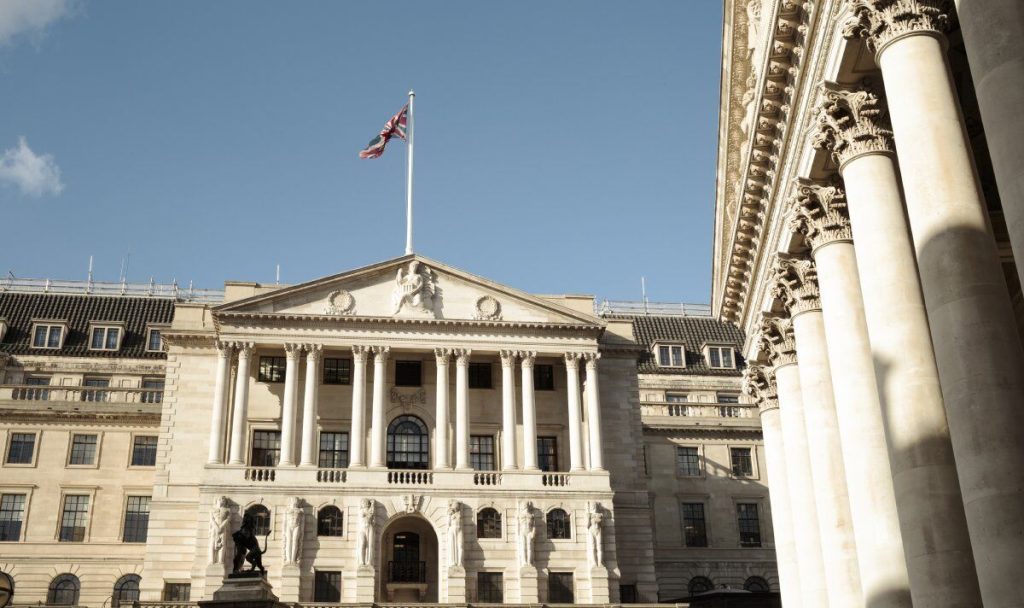
Many Settle residents will be upset and angry that their town’s last bank branch has closed, with the nearest branch now around 20 miles away.
It is particularly concerning, as this could place vulnerable people in difficult situations, with no direct public transport options.
Sadly, it isn’t the first community to lose its last bank branch in town, and it won’t be the last. Closed bank branches aren’t just high street eyesores, they are barriers to some of
the most vulnerable people in our society accessing vital in-person services. The risk of some members of society – the elderly, people on lower incomes, small business owners and those living with disabilities – being cut adrift is extremely concerning.
When bank branches close, customers are often directed to their nearest Post Office. They can provide a lifeline, but don’t offer full services.
Industry proposals to plug the gaps left by closed branches, such as shared banking hubs, are welcomed but aren’t yet at sufficient scale to act as suitable replacements.
Since 2015, the UK has lost some 5,597 branches. Yet only 80 shared hubs have been announced, while just seven actually run.
Thanks to campaigning from Which? and other organisations including the Daily Express, in August the Government pledged to protect free access to cash withdrawals and deposits within certain minimum distances.
While it should mean that those living in areas which have seen their last branch close will be entitled to other facilities, it won’t replace all the services that were relied on.
The Financial Conduct Authority must therefore keep a close eye on developments and be ready to respond to specific issues that may arise in local communities.

 Latest Breaking News Online News Portal
Latest Breaking News Online News Portal




